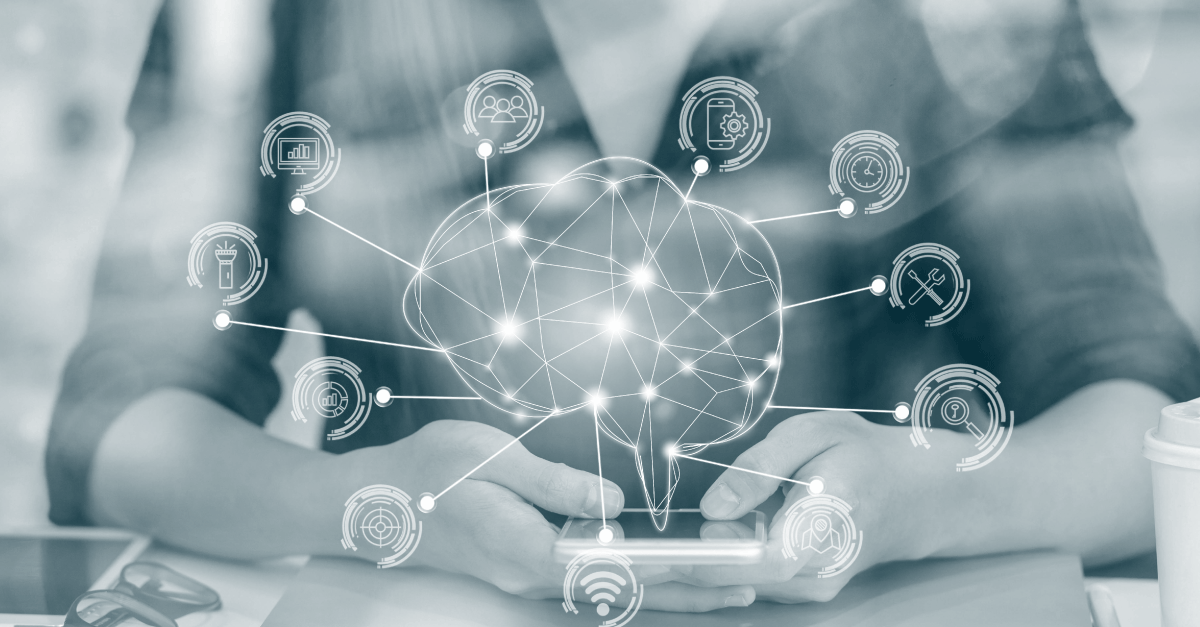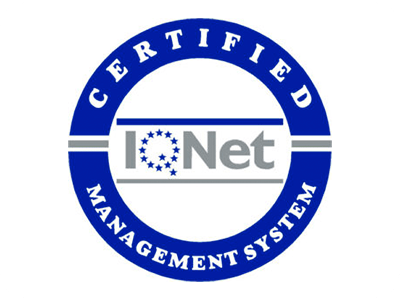Uncovering AI Myths: How AI Transcends Tech Sector Boundaries
May 25th 2023

Is it possible that the myth of AI being exclusive to the tech bubble is holding back innovation in other industries? The truth is, AI’s impact extends far beyond the tech realm, transforming industries worldwide. From healthcare to finance, transportation to manufacturing, and even education, AI’s influence is widespread and game-changing.
Artificial intelligence has emerged as a groundbreaking technology, captivating the imagination of both experts and the general public. Its impact is being felt across numerous industries, transforming the way we live, work, and interact. However, amidst the buzz surrounding AI, a prevailing myth has taken root – the notion that AI is exclusively relevant to tech companies.
In this post, we’ll unravel this myth and explore the vast and diverse influence of AI across various industries. By delving into real-world examples and case studies, we will uncover the true breadth and potential of AI, demonstrating that its relevance extends far beyond the confines of the tech sector. Prepare to be enlightened as we unveil the transformative power of AI across healthcare, finance, transportation, manufacturing, retail, education, and beyond.
Debunking the myth
The myth that AI is exclusively relevant to tech companies stems from a limited understanding of AI’s capabilities and applications. It assumes that AI is primarily a tool for software development or is limited to high-tech startups in Silicon Valley. However, this misconception fails to recognize the wide-ranging impact of AI across industries and the potential it holds for reshaping entire sectors.
The myth may have arisen due to the prominence of tech giants like Google, Amazon, and Microsoft, who have pioneered AI research and development. These companies have showcased impressive AI applications, such as virtual assistants, recommendation systems, and autonomous vehicles. As a result, some people have come to associate AI solely with these tech leaders.
However, the reality is that AI has permeated various sectors, from healthcare and finance to transportation, manufacturing, retail, and education. It is transforming the way these industries operate, enhancing efficiency, enabling better decision-making, and opening up new opportunities for innovation.
AI Applications Beyond Tech Companies
Healthcare
AI is revolutionizing healthcare by leveraging its capabilities in diagnostics, disease prediction, personalized medicine, and drug discovery. For instance, IBM Watson’s AI technology analyzes vast amounts of medical records and research data to assist doctors in diagnosing diseases more accurately and recommending optimal treatment plans. This enables healthcare professionals to make informed decisions based on comprehensive data analysis. In another breakthrough, Google’s DeepMind developed an AI system capable of detecting over 50 eye diseases with high accuracy by analyzing retinal scans. This advancement holds tremendous potential for early detection of conditions like diabetic retinopathy, leading to timely interventions and improved patient outcomes.
Finance
AI is reshaping the financial sector by transforming key areas such as algorithmic trading, fraud detection, risk assessment, and customer service. JPMorgan Chase, for example, utilizes AI algorithms to automate and enhance their trading strategies, enabling faster decision-making and improved portfolio management. This AI-powered approach provides the bank with a competitive edge in the dynamic financial markets. Additionally, companies like PayPal leverage AI-powered fraud detection algorithms to analyze transaction patterns, identify suspicious activities, and protect customers from potentially fraudulent transactions. By leveraging AI’s capabilities, PayPal minimizes financial losses and ensures a secure and trustworthy payment ecosystem.
Transportation
AI plays a crucial role in transforming transportation systems, particularly through advancements in autonomous vehicles, route optimization, traffic management, and predictive maintenance. Tesla’s Autopilot system, powered by AI algorithms, enables semi-autonomous driving by interpreting sensor data to navigate roads and make driving decisions. This technology enhances safety and improves the overall driving experience. In the realm of traffic management, the city of Singapore utilizes AI-powered systems that monitor real-time data from sensors and cameras to optimize traffic flow and reduce congestion. By analyzing this data, AI algorithms provide valuable insights and enable efficient traffic management strategies.
Manufacturing
AI has found extensive applications in manufacturing processes, revolutionizing areas such as quality control, predictive maintenance, supply chain optimization, and robotics. General Electric employs AI algorithms to analyze sensor data from industrial machines, allowing predictive maintenance by predicting equipment failures and enabling proactive interventions. This approach minimizes downtime, reduces costs associated with unplanned maintenance, and improves overall operational efficiency. Furthermore, companies like BMW have implemented AI-powered robots in their production lines to enhance efficiency and accuracy in assembling complex components. AI-driven robotics streamline manufacturing processes, leading to improved productivity and product quality.
Retail and E-commerce
AI is reshaping the retail and e-commerce landscape through its applications in personalized marketing, recommendation systems, inventory management, and customer service. For instance, Amazon’s recommendation system employs AI algorithms to suggest products based on customer preferences and browsing history. This personalized shopping experience enhances customer satisfaction and boosts sales. Additionally, Alibaba’s AI-powered virtual shopping assistant, known as “FashionAI,” provides personalized fashion recommendations to customers in physical stores. By bridging the online and offline shopping experience, AI enriches customer interactions, improves decision-making, and enhances overall retail experiences.
Education
AI is transforming education through personalized learning, intelligent tutoring systems, and automated grading. Platforms like Duolingo employ AI algorithms to personalize language courses based on learners’ strengths and weaknesses. By adapting the curriculum to individual needs, AI facilitates effective and tailored language learning experiences. In the realm of mathematics education, Carnegie Learning’s AI-powered math tutoring system adapts to students’ learning needs and provides personalized feedback. This approach helps students improve their mathematical proficiency by addressing their specific areas of weakness. AI-powered automated grading systems further streamline the evaluation process, providing efficient and consistent feedback to students, and saving educators time and effort.
Conclusion
These examples highlight the pervasive influence of AI across industries. By dispelling the myth that AI is solely for tech companies, we can recognize the true potential of AI to drive innovation, improve efficiency, and create new opportunities for growth and development. It is essential to embrace and explore AI’s applications across various sectors, fostering collaboration and ensuring that its benefits are accessible to all.
Ready to see what we can do for you?
In the right hands, artificial intelligence can take human performance to a hitherto unimaginable level. Are you ready for evolution?




